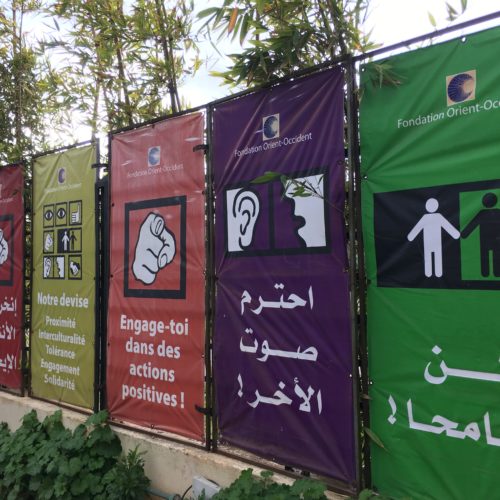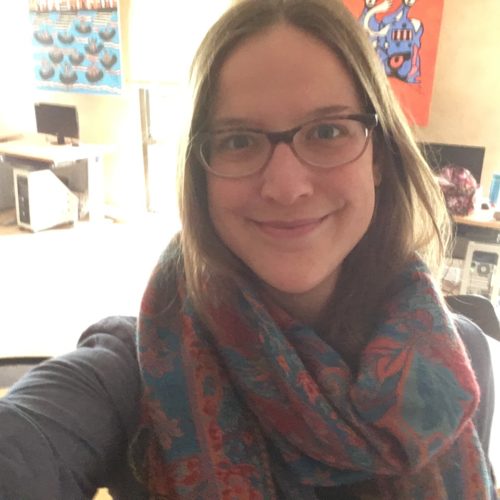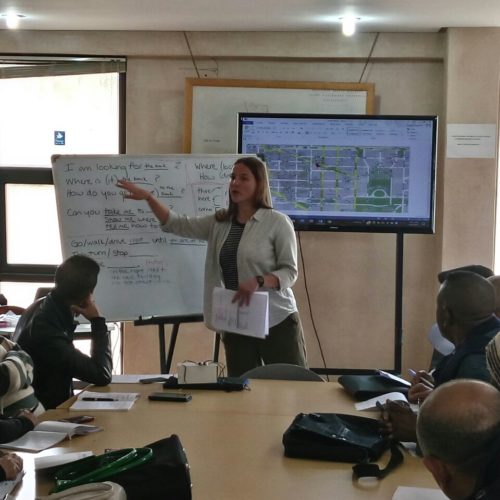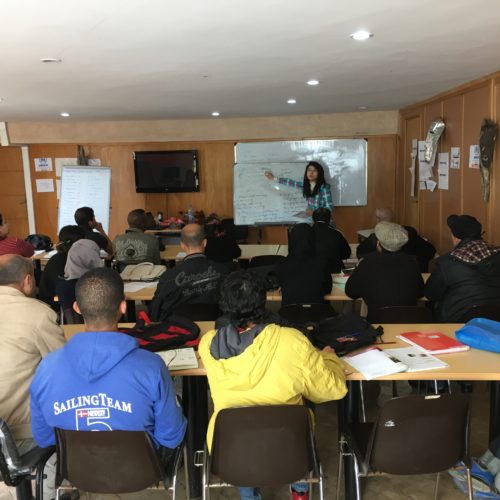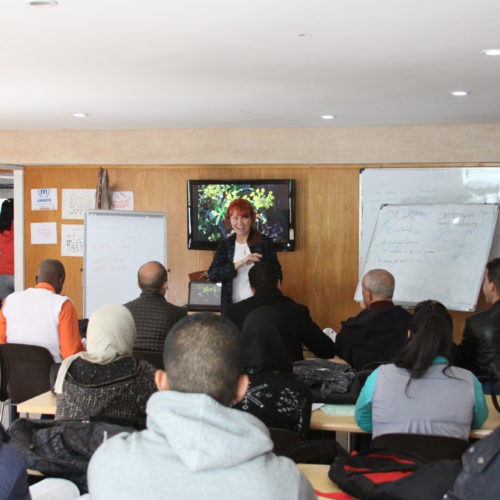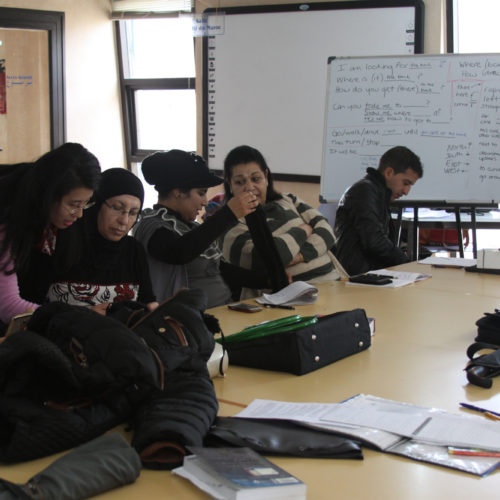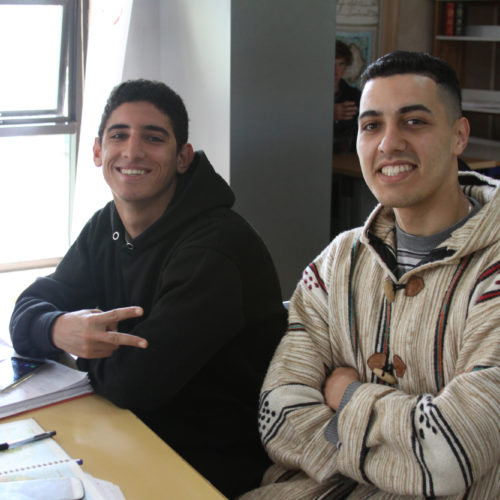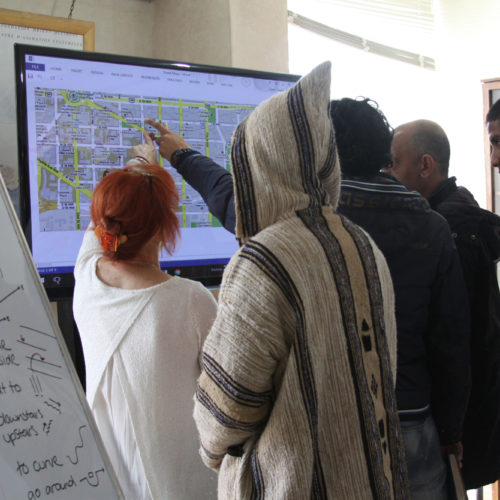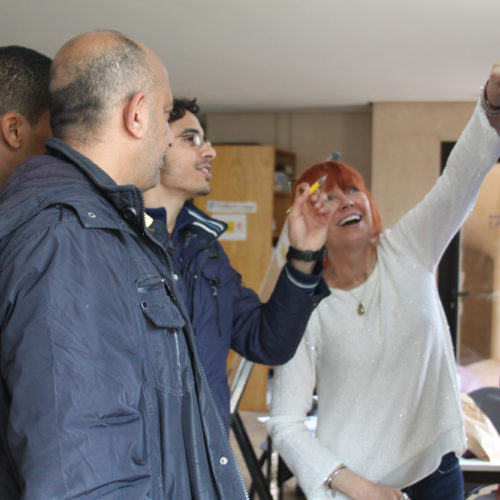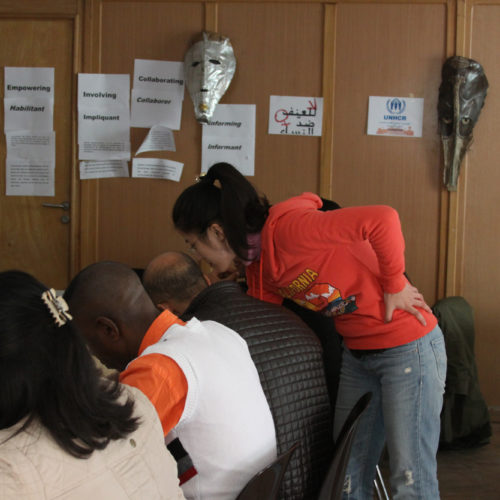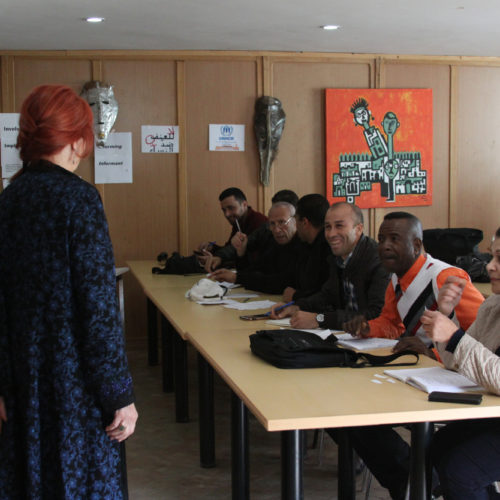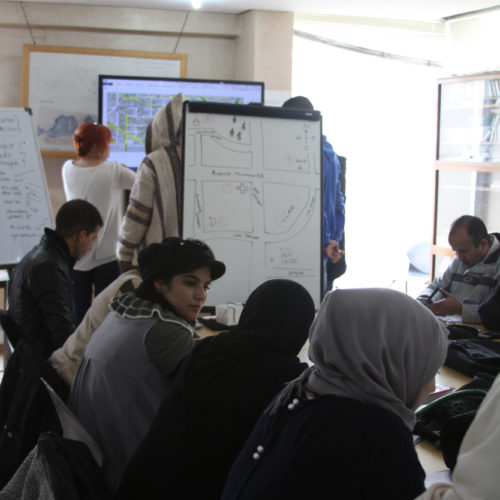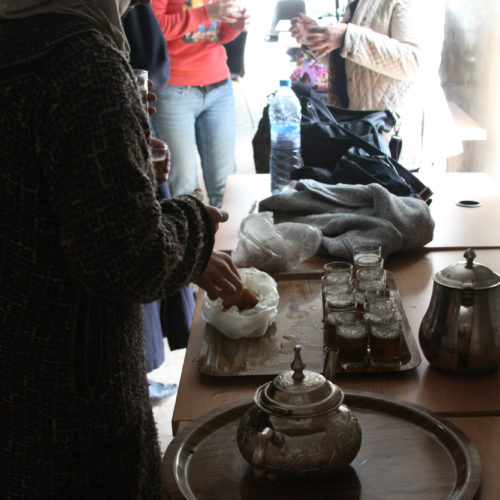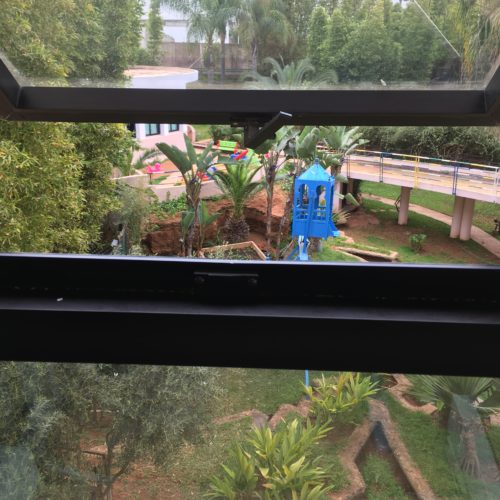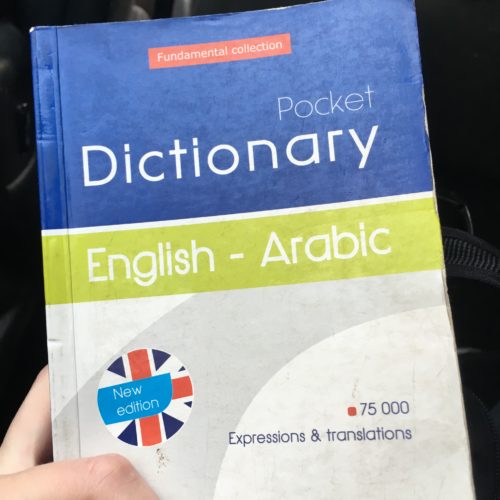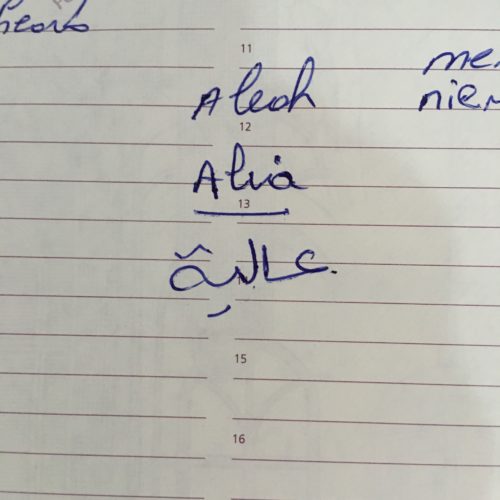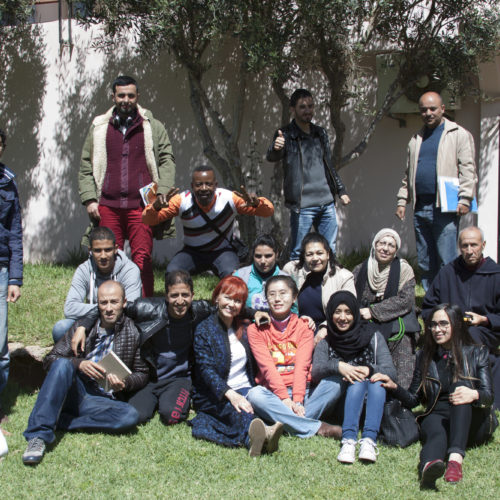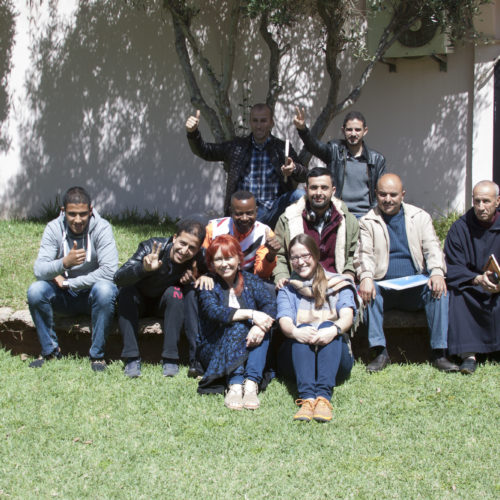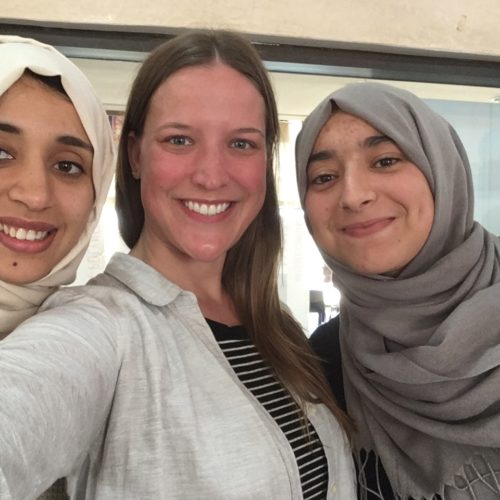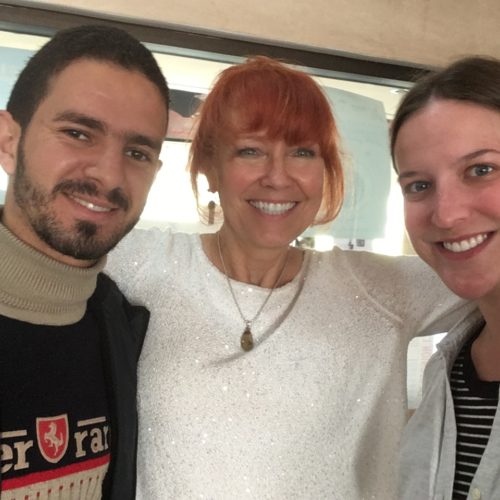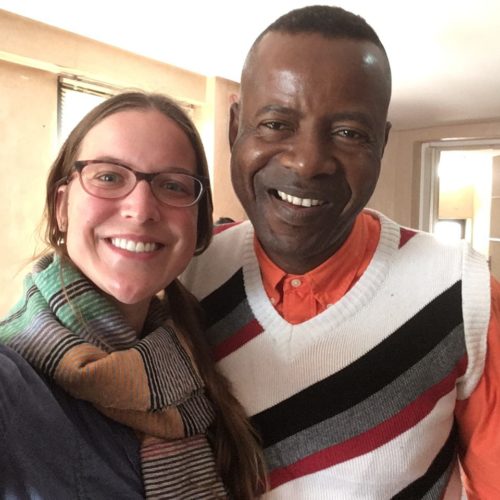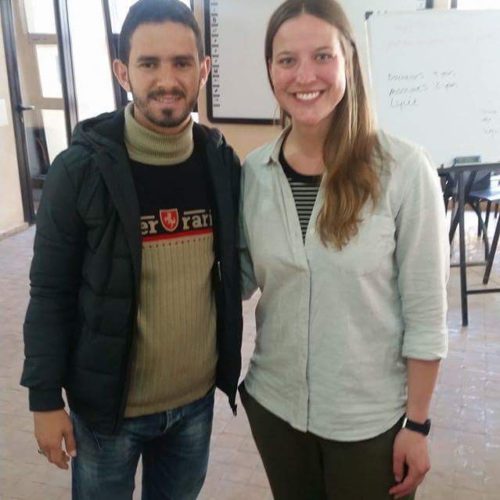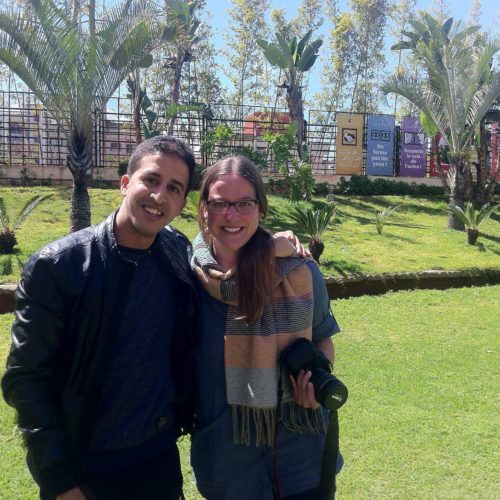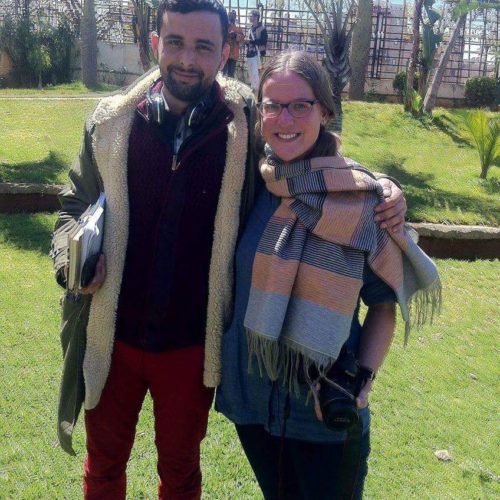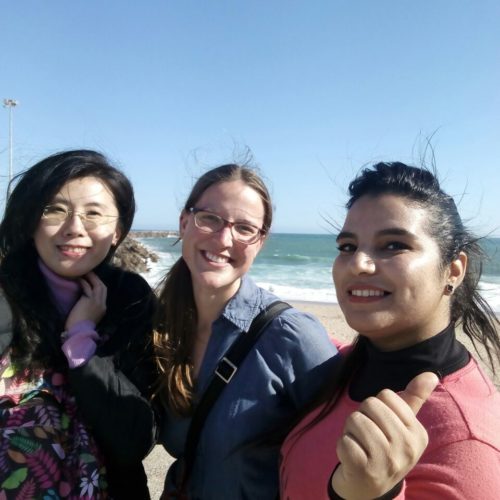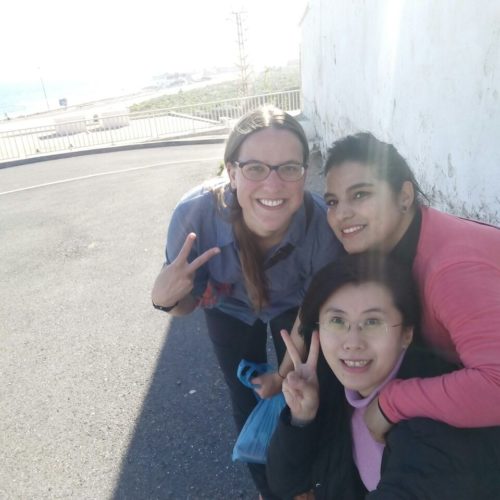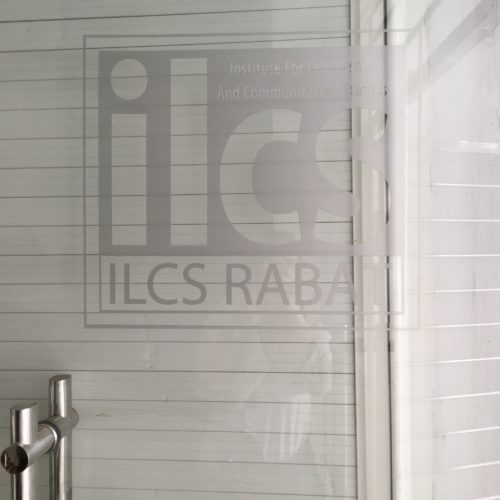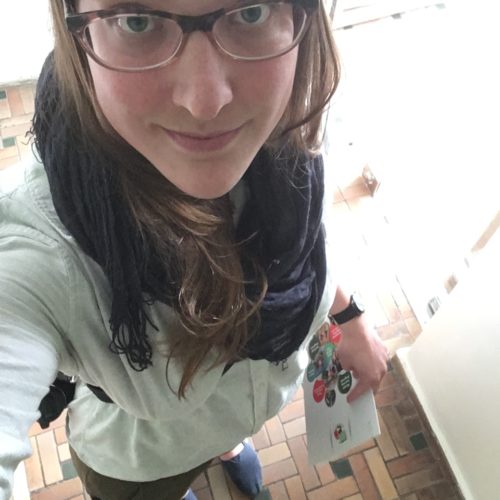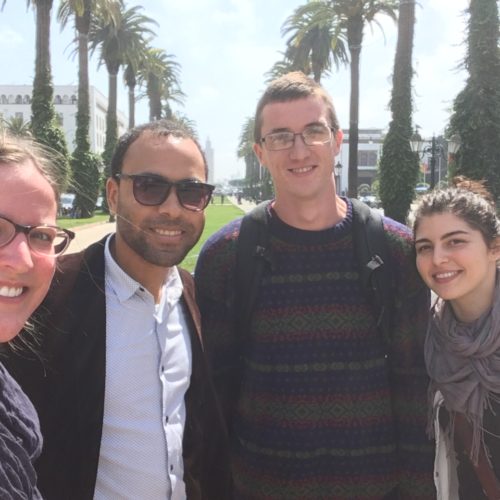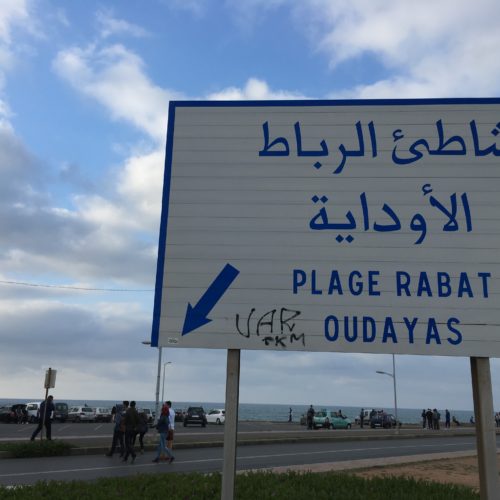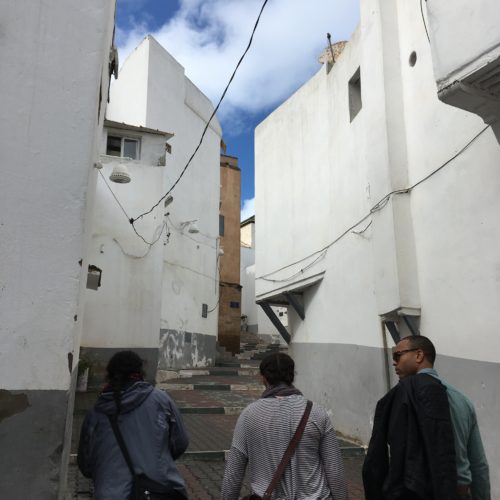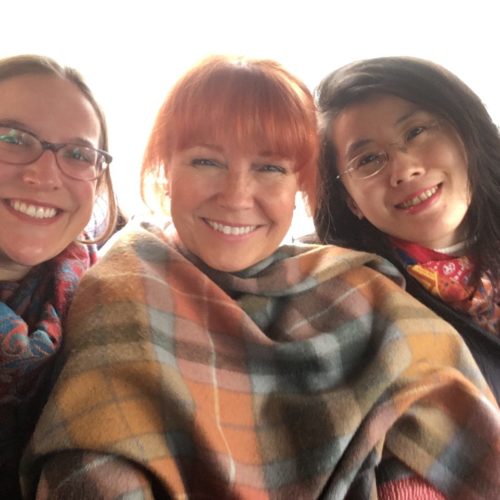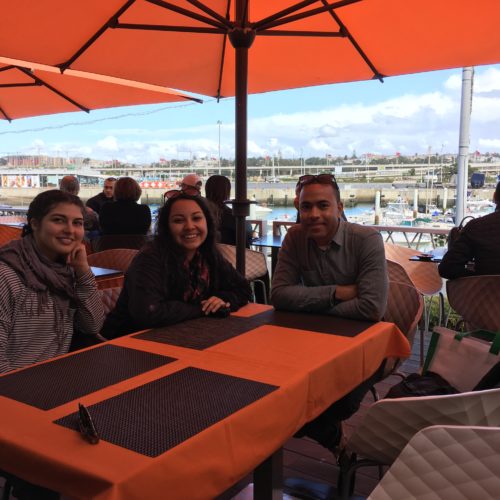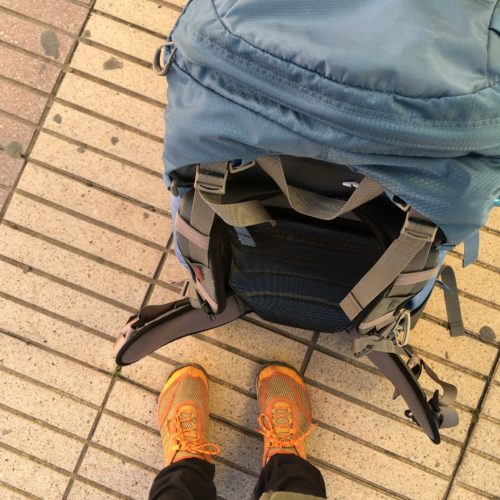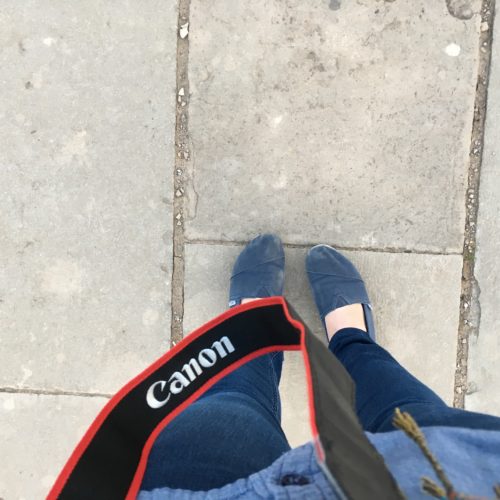Volunteering has never really been my thing. Don’t get me wrong, I have a bleeding heart for just about any cause and love people helping people. But there’s something about volunteering that seems more self-serving and superficial than actually providing a service that’s needed. I believe all of that changed when I chose to volunteer with International Volunteer HQ (IVHQ).
They have programs all over the world, and since I had some time to travel and wanted to visit Morocco, I thought Rabat would be perfect. I chose to teach English not because of my exceptional grammar skills, but because it seemed the popular choice and I could envision what my day looked like. I have now both lived up to the stereotype of superficial volunteering and could not have been more wrong about what to expect. The program started on Monday, and I only had one week of volunteering in front of me, followed by a few days’ travel. It’s cliché, but time flies and one week was exceptionally short, especially as soon as I understood just what I was doing there.
Orientation was Monday. We learned all about the Institute for Leadership and Communication Studies (ILCS), Morocco, and each other. We also got a tour of our placements. I would be teaching at La Fondation Orient-Occident, a community center for sub-Saharan refugees. In reality, I was teaching Moroccan adults, some of who traveled from the country to Rabat just for studies. Surprise, I’m not teaching children and I’m getting worried about my actual English skills at this point. Not to worry, I would be meeting up with my two colleagues in the morning and we would taxi to the foundation together.
Instantly, I was in over my head. The other two had been there for weeks’ prior. They got to the classroom, began writing on the white boards, and going over the lesson, like a well oiled machine. What should I do? “Talk to the students.” Of course. And since communication is my strong suit, it was easy. Class started every morning at 10:00 and ended at noon. Most of the students didn’t trickle in until 10:30, but a few would stay after class for some one-on-one attention. “Good morning, teacher.” The routine soon became very familiar, and it was great. To begin, we had three vocabulary words to learn and form new sentences with. Then, a grammar lesson. Last, a song or story to go over aloud and talk about at the end. It warms your heart each time someone grabs your attention and says, “Teacher?” It seemed so funny to me, that word, yet these adults are all very serious and eager to learn English. This was nothing like the so many 2-hour group volunteer sessions I’d been a part of. For one, it didn’t require more work of the foundation just to accommodate us. And also, I knew this was very important to the people on the receiving end.
The program guide suggests that you shouldn’t impose your ideas on others. We’re not talking personal beliefs, but ways of doing things. I learned quickly, for example, that they don’t care if you speak French, because few people in Morocco have learned French. That was the biggest eye opener for me. It was the only thing I held onto long enough to feel stupid for thinking French was superior to English and I could communicate with them. Arabic is their first language. And access to education for French is slim and English, even worse. So, I began to use the Arabic words that I knew, and speak English, which is what I was there to do.
Now, many of my students did speak French, because they’ve chosen to educate themselves and it couldn’t be more evident. The skill levels ranged from elementary to college level, but everyone put in equal effort. They are starved for attention and understanding. And this is when I learned that teaching is extremely difficult. Even with the couple of hours put in at night to prepare, the lessons never go as expected, you hope you had and effect and you wish you could do more. But they learned. I know it because I’ve been a student in so many ways in life. Each day, they took something away and they got to listen to and speak English for two hours.
When Friday came, there’s no doubt it was too soon. A colleague of mine was also leaving that day, and the students were sad. How are they going to learn English without us? We got so many questions for more resources and schools. It’s clear that there aren’t enough inexpensive options, and there are next to no English books in Morocco. I was able to find an Arabic English dictionary to leave with the school, and the other teachers did the same. But we knew it wasn’t enough. This is the moment my heart breaks, and also the moment I believe in volunteering. These people are deserving of knowledge; it does seem to be the least someone could ask for.
Overall, I wouldn’t trade the experience for anything. And I will absolutely be looking to IVHQ for my next travel destination.
If you want to read more about the host stay during the program, read my post: Family Life in Morocco.


